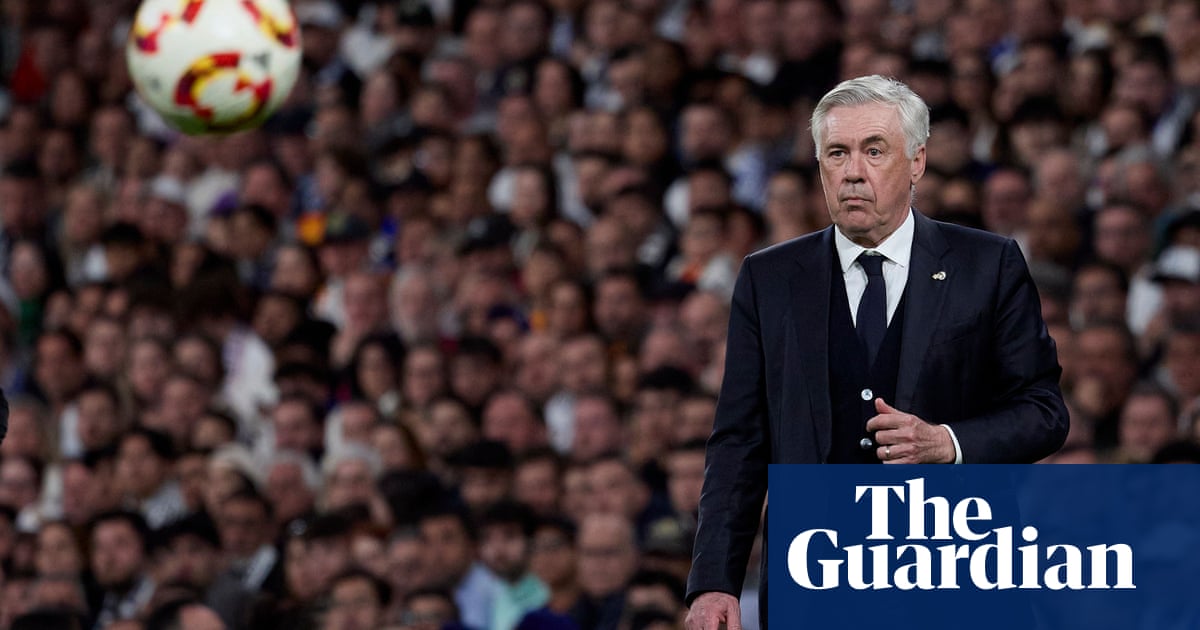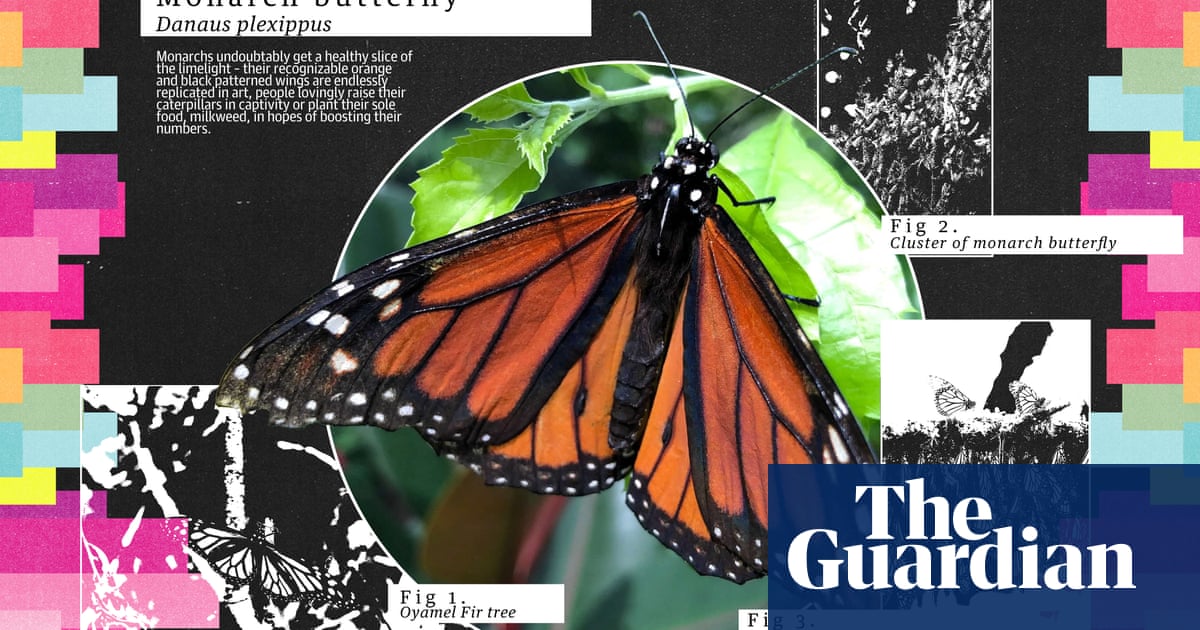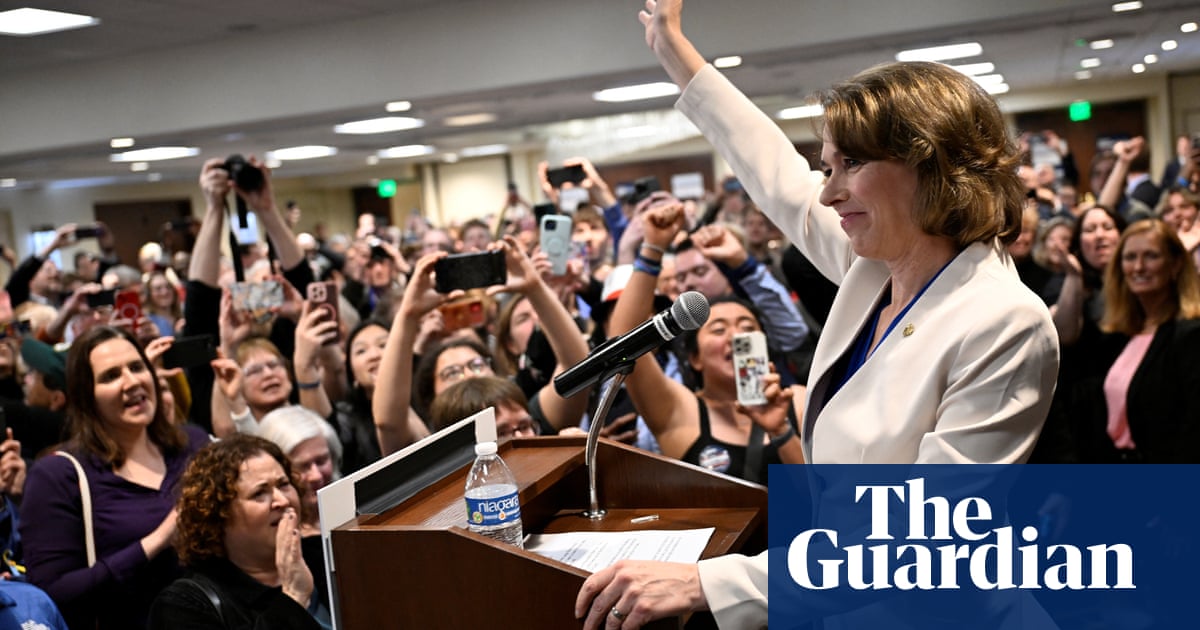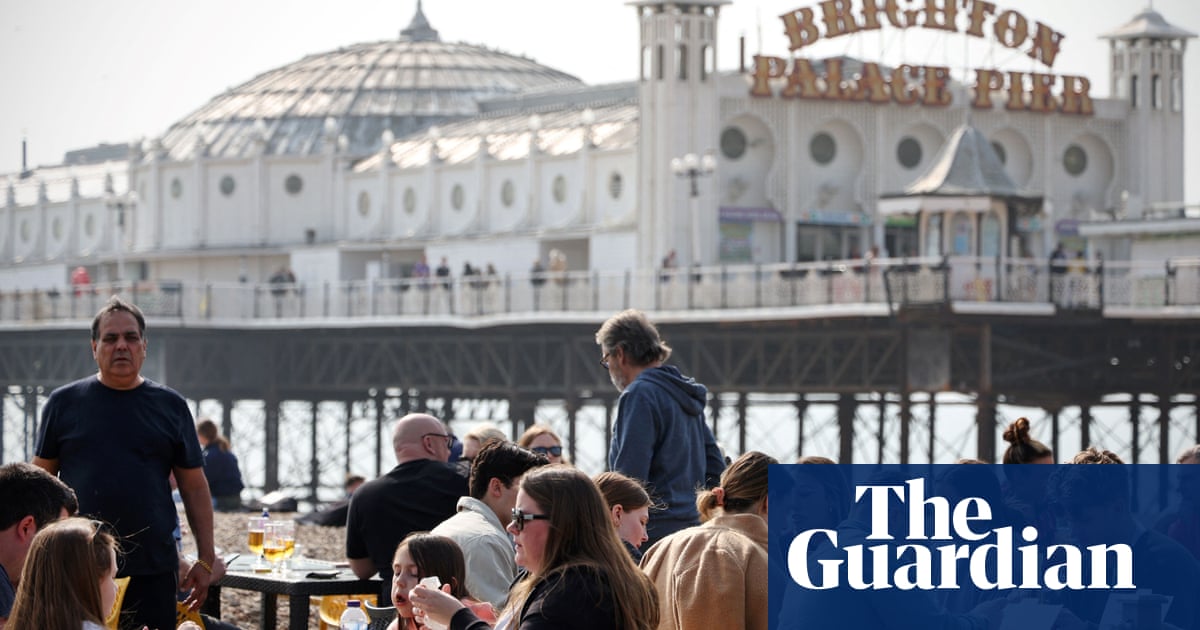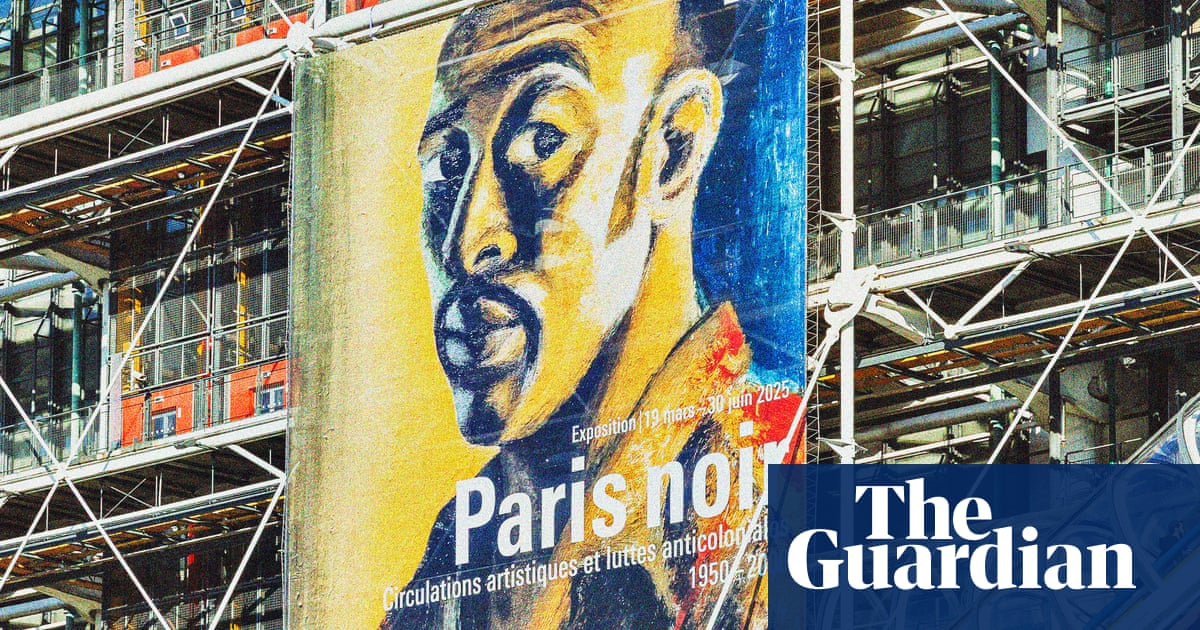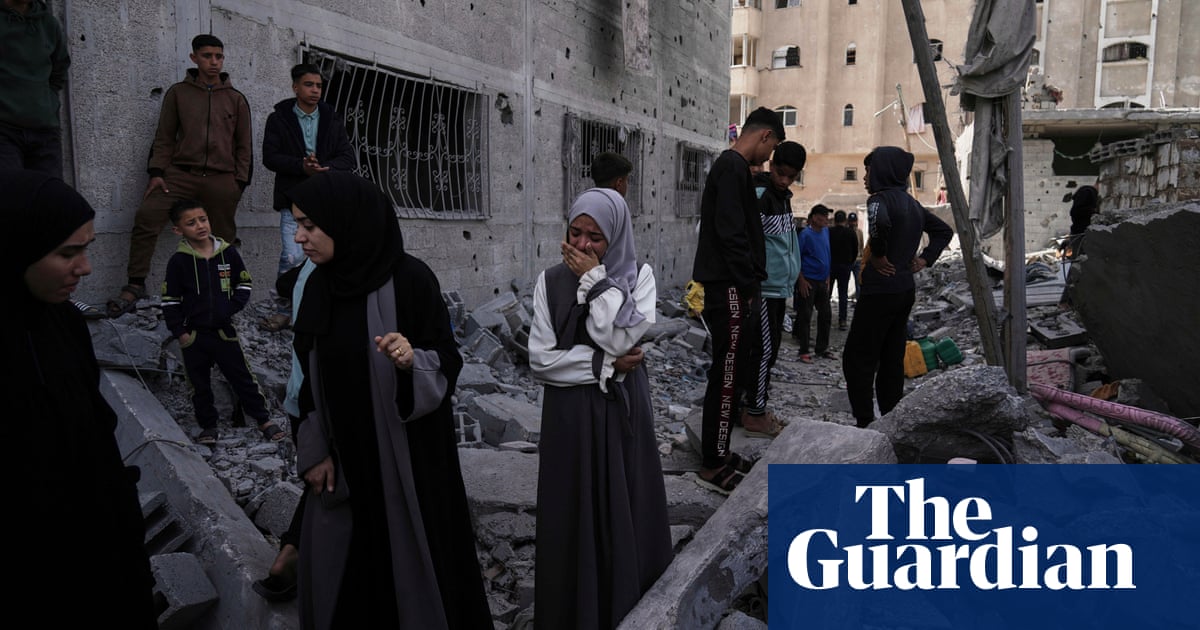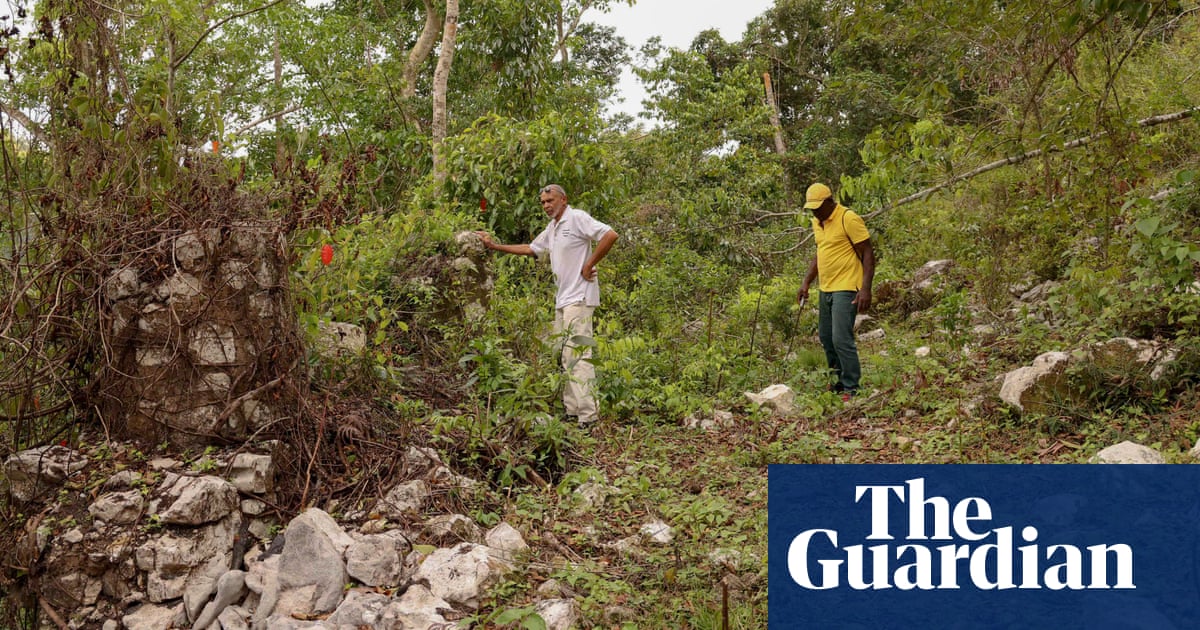In recent years, Georgia’s ruling Georgian Dream (GD) party has brazenly pursued a policy of gaslighting an overwhelmingly pro-European population. Rhetorically, it has paid enthusiastic lip service to the national goal of eventual accession to the European Union, an aim that is enshrined in the constitution. In practice, a party founded by the billionaire oligarch Bidzina Ivanishvili – whose wealth was accumulated in Russia – has been pulling Georgia ever further into the authoritarian orbit of Vladimir Putin.
“Foreign agent” legislation passed earlier this year – provoking large protests in Tbilisi – copied and pasted Russian laws designed to curtail the influence of independent civil society organisations. Subsequent restrictions placed on LGBTQ+ rights came from the same playbook. Having awarded EU candidate status to Georgia in 2023, these illiberal moves led Brussels to belatedly conclude that it was being taken for a ride by Mr Ivanishvili’s political placemen. Membership talks were accordingly paused in June. Nevertheless, in the lead-up to an election this October, GD politicians were still pledging their commitment to EU membership.
The charade effectively ended last week, when the newly appointed prime minister, Irakli Kobakhidze, unexpectedly declared that EU accession talks would be suspended for the length of the new parliament. But if Mr Kobakhidze believed that such a significant turn away from the west could be presented as a fait accompli, he knows better now. The scale and scope of subsequent nightly protests – across the country as well as in Tbilisi – have been unprecedented. Georgia’s pro-western president, Salome Zourabichvili, who occupies a largely ceremonial role and whose term in office is about to expire, is acting as a figurehead for the demonstrators, and has called for fresh elections.
The response from the security forces has been brutal. Rubber bullets, as well as teargas and water cannon, have been fired, more than 200 protesters have been detained, and many hospitalised. Individuals have been hunted down during demonstrations and savagely beaten. A senior figure in the leading opposition party has been arrested.
Georgia now stands at a dangerous crossroads. Mr Kobakhidze’s government was already being treated as illegitimate by opposition parties, following reports of fraud and intimidation of voters at last month’s poll. By treating the pro‑European aspirations of a majority of the population with such contempt, it has triggered a crisis that carries echoes of Ukraine during the Maidan protests of 2014 and the pro-democracy protests in Belarus in 2020. Ominously, given the subsequent unfolding of events in both those countries, a Kremlin spokesman this week referred to the protests as an internal matter but noted that “the most direct parallel you can draw is the Maidan”.
Having fruitlessly accorded the GD party the benefit of the doubt for too long, European leaders are faced with the question of how best to support a nascent resistance movement undergoing harsh repression. The EU’s three Baltic states, Estonia, Latvia and Lithuania, have unilaterally imposed targeted sanctions on Mr Ivanishvili and leading government figures. Brussels could also reconsider wider actions such as curtailing visa-free travel arrangements on Georgian citizens. That could risk consolidating Tbilisi’s pro-Moscow turn. But if the violence being meted out on the streets in the capital and elsewhere continues, Europe must make it clear that there will be meaningful consequences.

.png) 3 months ago
36
3 months ago
36


